June 2020.
The Education for a Connected World framework has been updated and describes the Digital knowledge and skills that children and young people should have the opportunity to develop at different ages and stages of their lives. It highlights what a child should know in terms of current online technology, its influence on behaviour and development, and what skills they need to be able to navigate it.
Access the framework here
ProjectEVOLVE resources each of the 330 statements from UK Council for Internet Safety's (UKCIS) framework “Education for a Connected World” with perspectives; research; activities; outcomes; supporting resources and professional development materials.
Access Project Evolve here
Also, the Education for a Connected World is based on a framework originally created by Common Sense Media and there is a UK version created by Islington Schools which includes UK resources and teaching materials. Both frameworks and resources are free to use.
You can access this document here
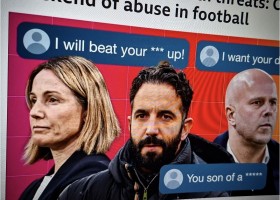
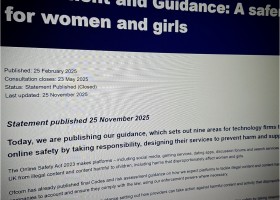

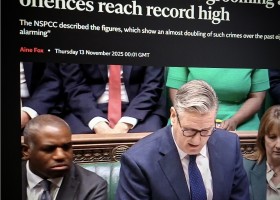
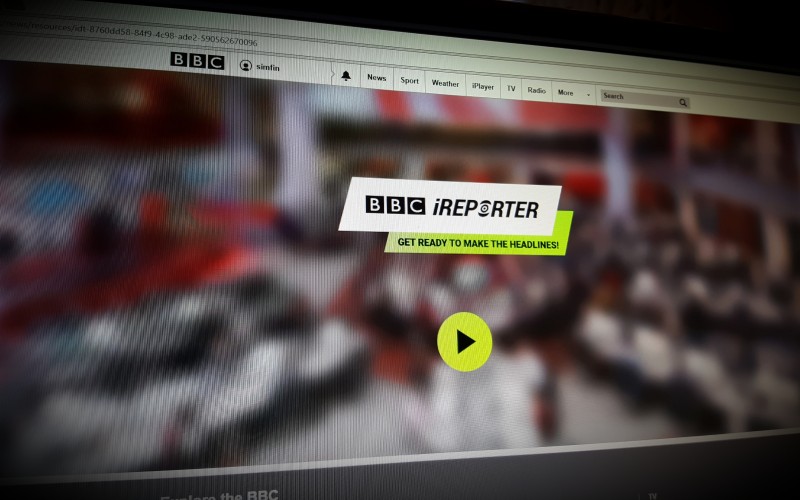
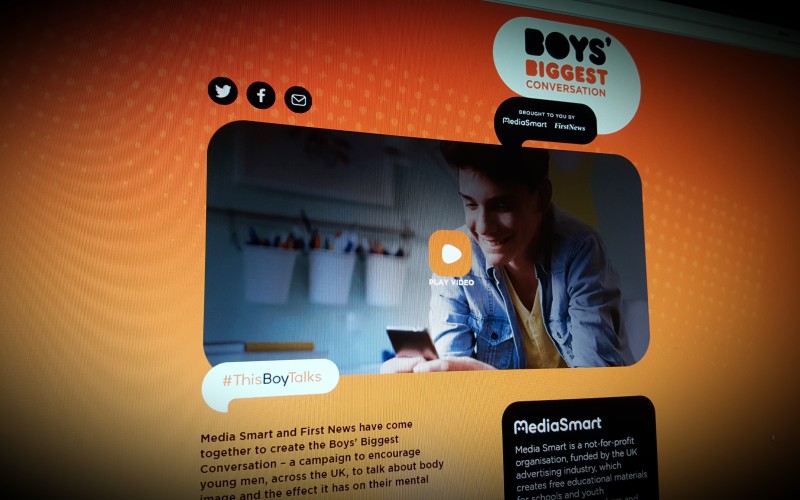
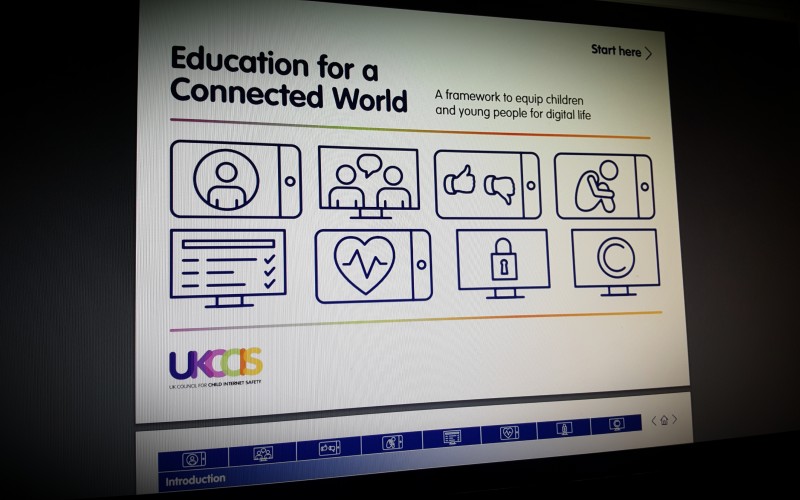
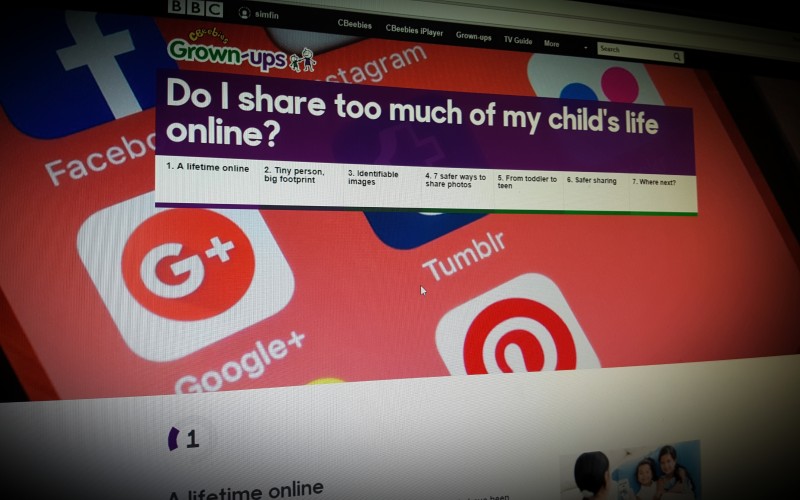
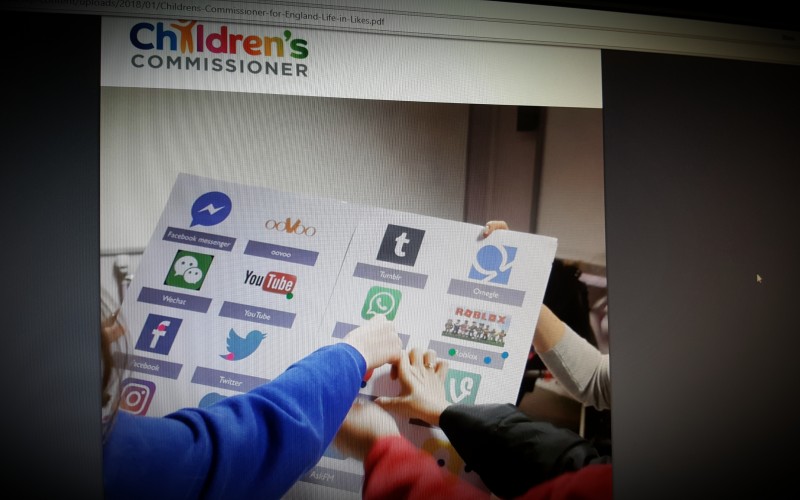
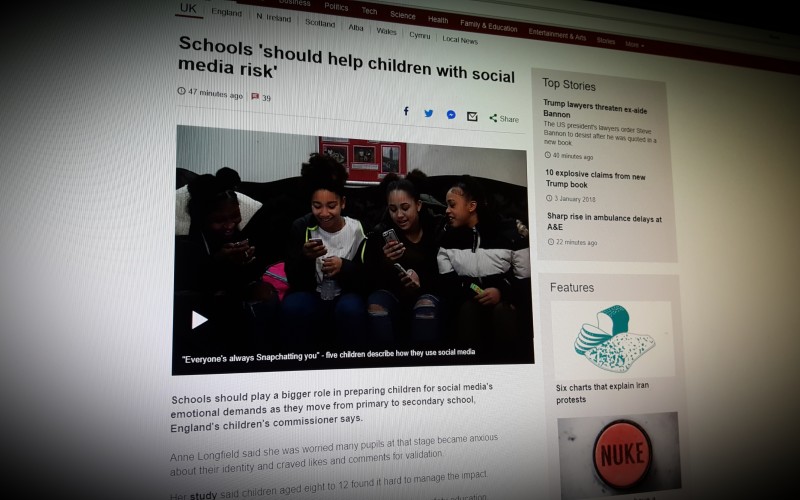
Comments
make a comment